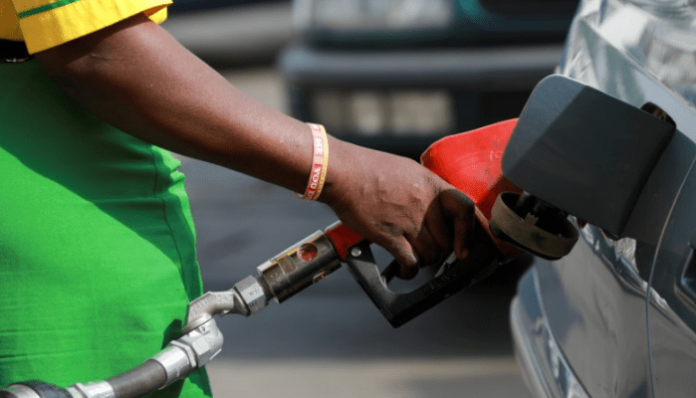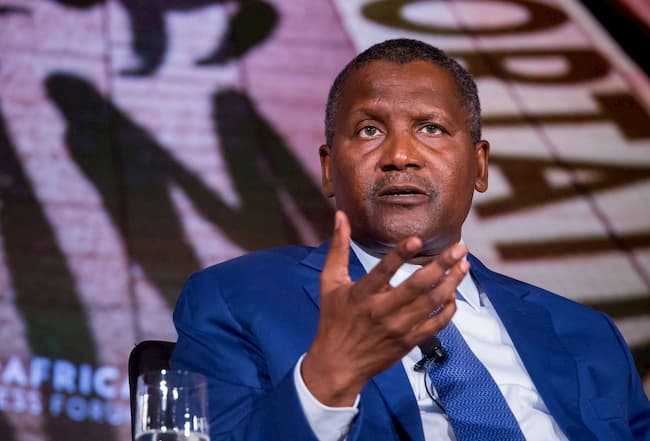Deloitte, a finance and accounting firm, has backed the Federal Government, FG, on the petrol subsidy removal, a development that had stirred controversy among economy experts.
In a document in which it highlighted the short-term pain and long-term pain of the petrol subsidy removal, Deloitte argued that subsidies come at an enormous cost to the government.
”Between 2016 and 2023, the FGN is estimated to have spent N11.7 trillion on fuel subsidies. In 2022 alone, the FGN spent N4.39 trillion on fuel subsidies. This is 17.16% of the country’s total import bill of N25.59 trillion as of December 2022 and 24.2% of the revised 2022 FGN budget of NGN 18.14 trillion.
”In the 2023 FGN budget, NGN 3.6 trillion was budgeted for fuel subsidy payments until June 30. This is equivalent to a subsidy per capita of NGN 18,000. Meanwhile, Nigeria has a health budget per capita of N5,750 and an education budget per capita of N8,950. This reflects the huge amount being spent on fuel subsidies compared to critical sectors of the economy. Bearing in mind that the subsidy projection is only for six months, the 6-month budget projection for the aforementioned sectors will be sharply lower,” the document read partly.
Deloitte predicts inflation rise
Noting that the new price of petrol is more than a 150% increase, Deloitte explained that it implies that consumer prices will rise further. ”Transporters were the first to respond to the price increase, raising their fares by at least 100%. Transport costs account for about 6% of the consumer basket but the spillover effect is sharply higher. For instance, despite the fact that the bulk of food transportation across the country is via diesel-fired trucks, food prices are expected to skyrocket with the increase in petrol prices,” it added.
Diesel is sold at a nationwide average of N842 per litre, according to the National Bureau of Statistics’, NBS, Automotive Gas Oil (Diesel) price watch for April.
Citing the NBS report, Deloitte explained that inflation numbers for June will be sharply higher.
It explained, ”Nigeria currently has an inflation rate of 22.22% as of April 2023. Higher fuel and energy costs coupled with the ongoing planting season will be inflation triggers in the next couple of months. This suggests that the tightening stance of the CBN may be here to stay for a little while longer.”













